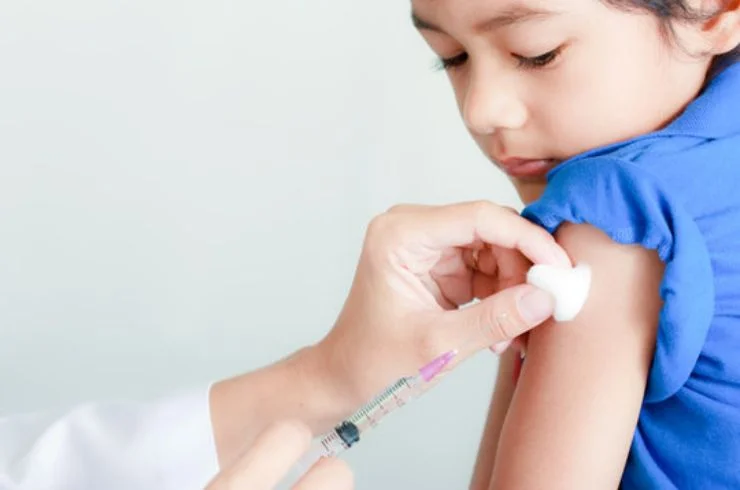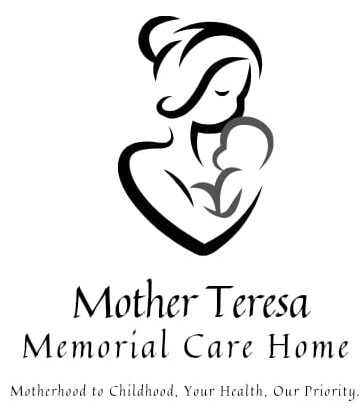Vaccination Services

Vaccination services play a crucial role in preventing the spread of infectious diseases, protecting individual and public health. They involve the administration of vaccines to individuals to help build immunity against specific pathogens. These services are especially important in the prevention of diseases in infants, children, and vulnerable populations. Key aspects of vaccination services include:
1. Childhood Immunization
- Routine Vaccinations: Newborns and young children receive a series of vaccines to protect against diseases such as measles, mumps, rubella, polio, diphtheria, tetanus, pertussis, hepatitis B, and Haemophilus influenzae type b (Hib).
- Vaccination Schedules: Vaccines are typically administered at specific intervals, starting shortly after birth, with booster doses given at various stages of childhood.
Adult Vaccinations
- Flu Vaccines: Seasonal flu vaccines are recommended annually for all adults, especially the elderly, pregnant women, and individuals with chronic conditions.
- Tetanus and Diphtheria: Booster doses of tetanus and diphtheria are needed every 10 years.
- Hepatitis A and B: These vaccines are recommended for individuals at high risk of exposure, such as healthcare workers, travelers, and individuals with certain medical conditions.
- Pneumococcal Vaccine: For elderly adults or those with weakened immune systems, to prevent pneumonia and other infections.
3. Travel Vaccines
- Travelers to certain countries or regions may require vaccinations to prevent diseases like yellow fever, typhoid, cholera, or meningitis.
- Consultation: Travel health consultations are available to assess the necessary vaccines based on the destination and the individual’s health status.
4. Maternal Vaccination
- Tdap (Tetanus, Diphtheria, and Pertussis): Pregnant women are recommended to receive the Tdap vaccine during each pregnancy to protect newborns from pertussis.
- Flu Vaccine: Pregnant women are also encouraged to receive the flu vaccine, as it can protect both the mother and baby.
5. Immunization for Special Groups
- Elderly Individuals: Older adults are often at higher risk for diseases like pneumonia, shingles, and the flu. Vaccines such as the pneumococcal vaccine and shingles vaccine are important for this age group.
- Immunocompromised Patients: Individuals with weakened immune systems, such as those undergoing chemotherapy or organ transplants, may require special vaccines to protect against infections.
6. Public Health Campaigns and Education
- Vaccination services are often accompanied by educational campaigns to inform the public about the importance of vaccines in disease prevention and the safety and efficacy of vaccines.
- Outreach: Mobile vaccination clinics and outreach programs help reach underserved populations, ensuring that vaccines are accessible to all.
7. Record-Keeping and Follow-up
- Health providers maintain accurate records of vaccinations administered to ensure that individuals receive timely booster shots and adhere to the vaccination schedule.
- Digital platforms and immunization registries also help track vaccinations and send reminders for follow-up doses.
8. Community and School Vaccination Programs
- Schools and community centers may organize vaccination drives to ensure children and adults are vaccinated in a timely manner.
- Some vaccines, like the MMR vaccine, may be mandatory for school enrollment.
Vaccination services not only protect the individual but also help in building herd immunity, thereby reducing the overall burden of infectious diseases in the community.
